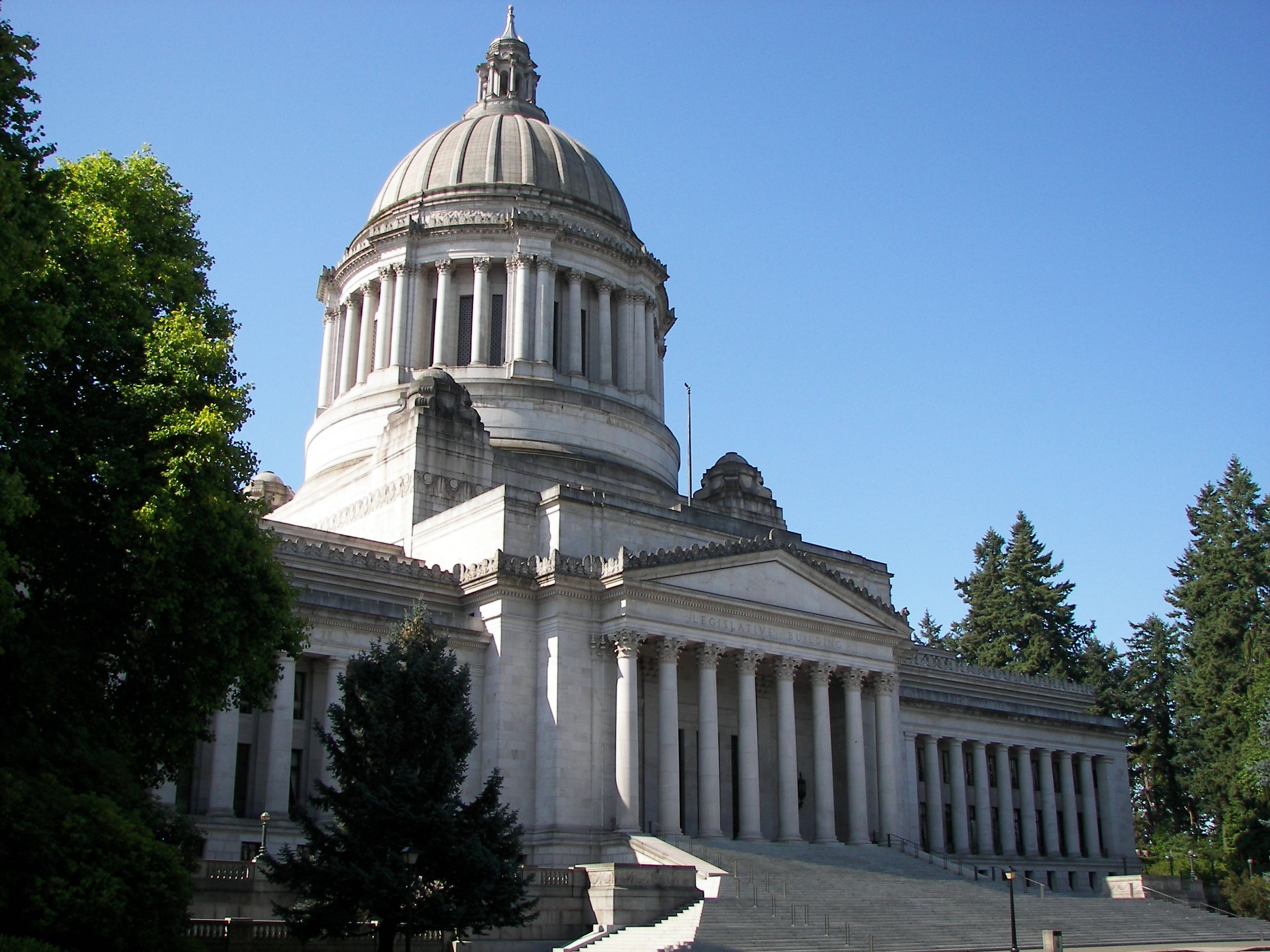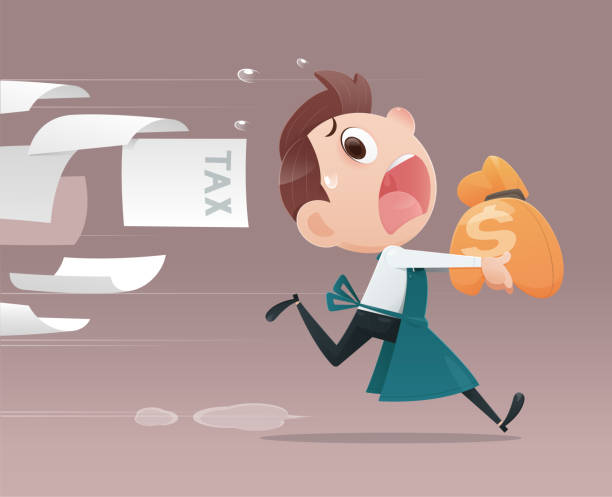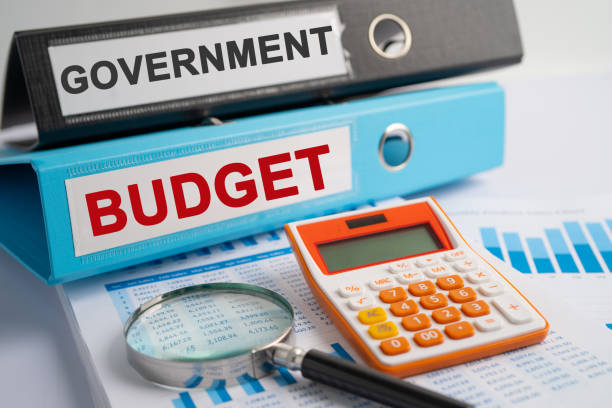Related Articles
Relevant Topics
There has been a lot of discussion this session about tax reform. With a balanced budget and revenue projected to grow by more than 7% (with monthly collections increasing), you’d think that tax discussion would be around tax relief. Instead, it is getting hard to keep up with all the new tax increase proposals under consideration. As hard as it may be to believe, tax reform can mean something other than increasing taxes. Let’s consider a few options.
In 2019 the House Finance Committee held a work session on the state’s tax structure and recommendations for reform. I believe the recommendation I made then to the committee are just as valid today:
- Replace the “temporary” B&O tax with a Texas-styled margins tax;
- On a revenue neutral basis, expand the sales tax base to services while exempting business inputs to avoid pyramiding. Use the expanded base to buy down the overall tax rate;
- Repeal or reduce WA’s highest in the nation actual excise taxes (liquor, tobacco, gas, cell phone, etc.);
- Don’t pass new regressive taxes (like a soda tax) or increase existing excise taxes;
- Actually prioritize funding the working family rebate that has been on the books for more than a decade but never deemed a high enough priority to fund within the large budget increases or revenue growth; and finally
- Do something totally out of character and actually cut the sales or property tax rate on a permanent basis (rather than the temporary relief offered in the past).
Though there is no recession-proof tax structure, Washington has consistently ranked as having relatively stable tax collections compared to other states. The reason for this is Washington’s three major tax sources (sales, gross receipts, and property) are among the least volatile taxes. Graduated income taxes, however, are the most volatile taxes.
From Standard & Poor’s 2020 Bond Rating for the State:
“Washington's revenues have historically exhibited less cyclicality than others (due in part to the lack of a personal income tax) . . . we have observed that capital gains-related tax revenues are among the most cyclical and difficult to forecast revenues in numerous other states."
Washington’s current tax structure doesn’t need to be blown up but there are common sense reforms that can be adopted to actually provide tax relief.
Additional Information
2019 House Finance Committee Tax Structure Work Session






